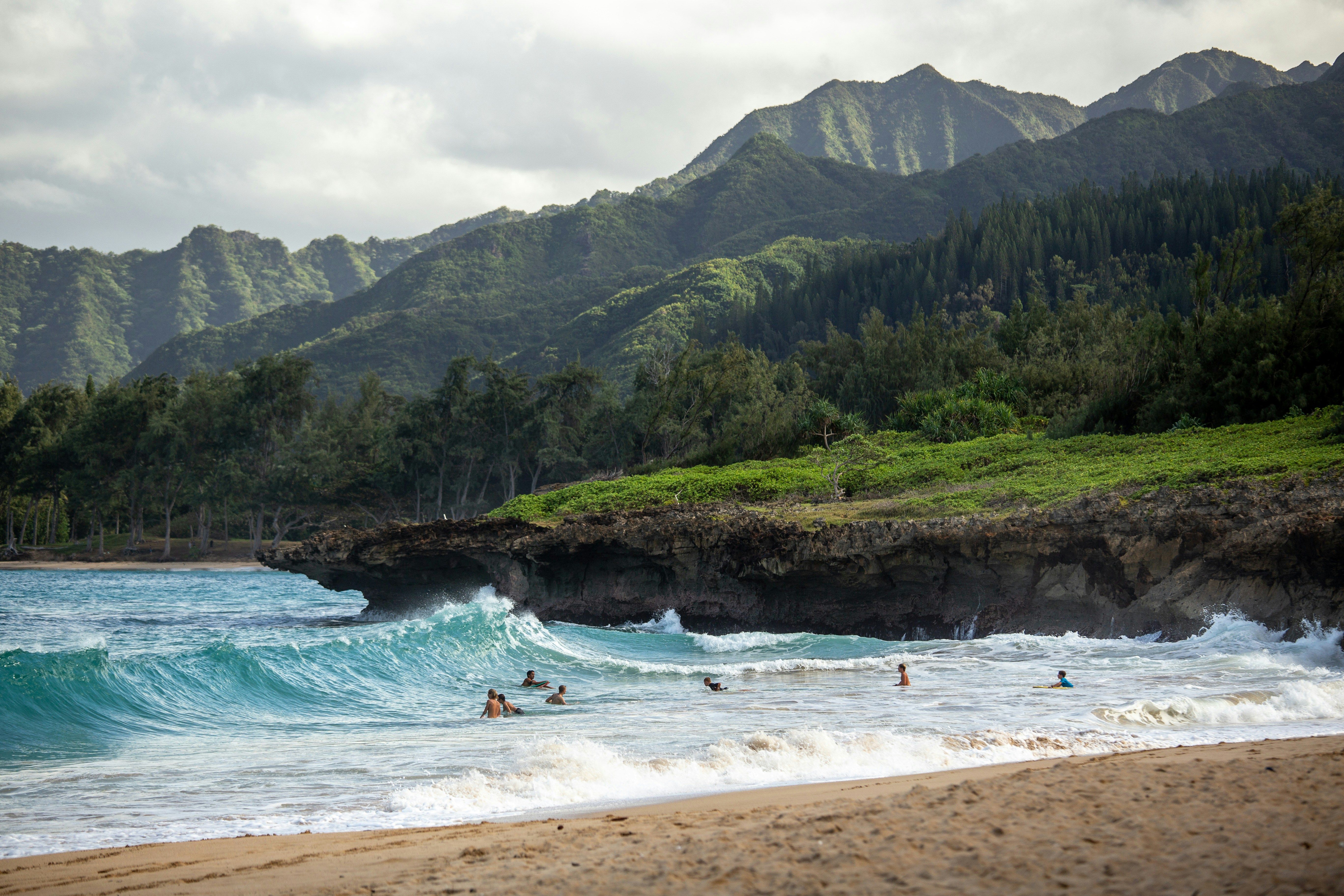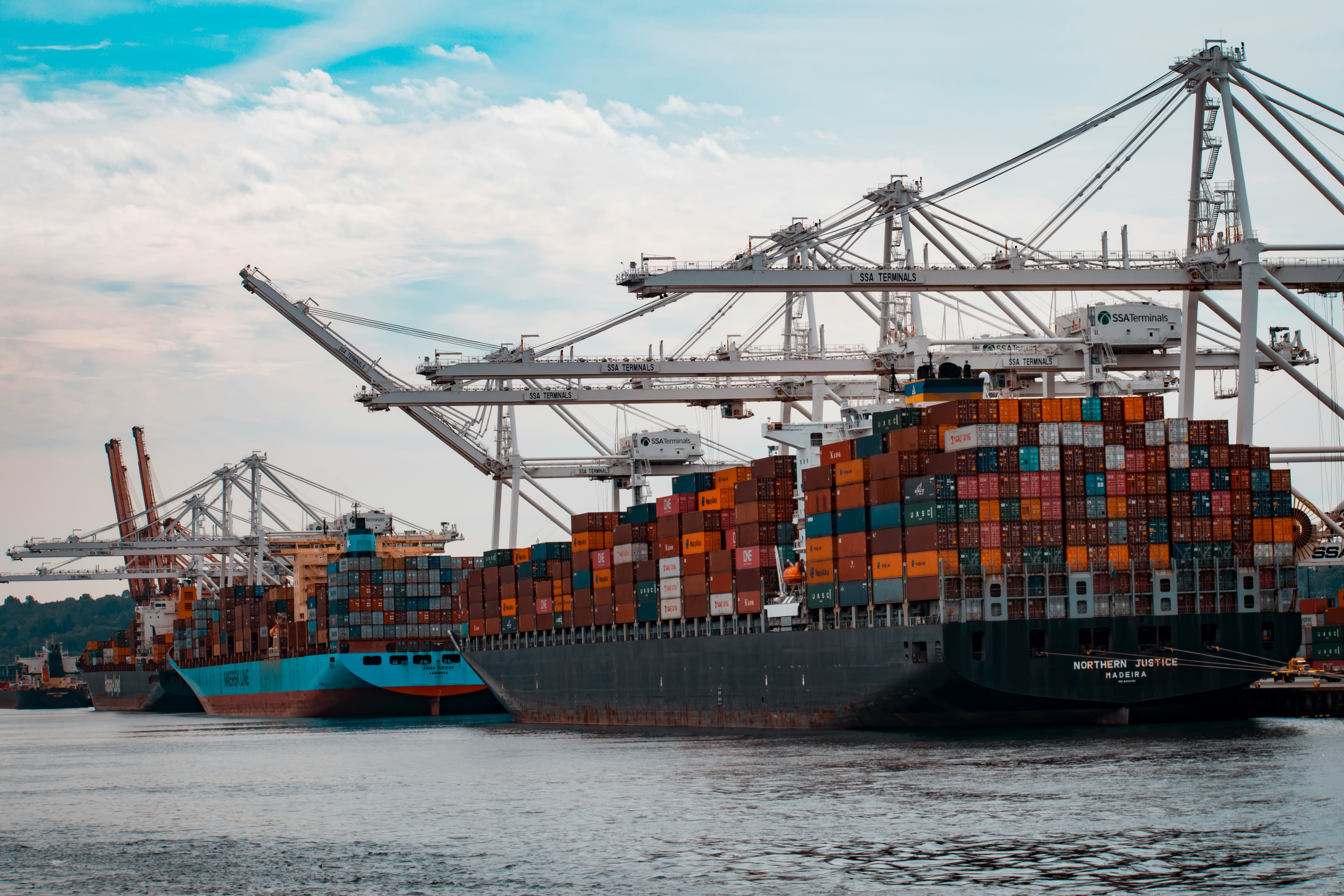Soda taxes have been all the rage in recent years, both in the United States and abroad. Proponents tout a pair of benefits: The taxes improve consumer health by reducing consumption, and they raise revenue. So, what did Washington lawmakers slip into the biennial budget during June 30’s nail-biting midnight session, as a state government shutdown loomed? A tax on bottled water.
To be fair, the state of Washington already taxes sales of soft drinks. In December 2015, the Washington Department of Revenue published a special notice to help retailers better understand “how to tax soft drinks and other beverages.” It’s not always intuitive.
- Taxed: A bottle of tea or coffee that is sweetened
- Exempt: A bottle of tea or coffee that is sweetened but also contains “milk, milk products, or milk substitutes”
A glance at the beverage aisle of any grocery store reveals just how quickly compliance can become complicated; label reading is often required.
Furthermore, Seattle recently enacted a special local tax on sugar-sweetened beverages that will take effect January 1, 2018. Like many of these taxes, the Seattle soda tax aims “to improve health outcomes.” The ordinance references the rising rates of “diabetes, obesity, and tooth decay” and notes that “communities of color continue to be disproportionately affected.” Revenue raised by the tax will “fund programs that reduce educational disparities facing communities of color.”
In other words, Seattle and Washington are doing their part to dissuade consumption of sugary beverages by taxing them. This provides an excellent opportunity to encourage water consumption. According to the Centers for Disease Control and Prevention (CDC), “Drinking water instead of sugar-sweetened beverages would reduce caloric intake among youth.” The CDC praised a New York City initiative aimed at curtailing “sugared soda consumption by encouraging people to make water their default beverage choice.”
So, why would the Washington Legislature now choose to tax water?
Welcome back, bottled water tax
It turns out the legislature has been trying to tax water for more than a decade.
Bottled water was subject to Washington sales and use tax until January 1, 2004, when the tax was dropped so state policy would conform to the Streamlined Sales and Use Tax Agreement (SSUTA). After the SSUTA was amended in 2010 to allow member states to tax bottled water, Washington lawmakers jumped at the opportunity. Starting July 1, 2010, Washington again taxed sales of bottled water — until voters intervened.
Continue Reading at the Avalara blog.
Thanks for reading CPA Practice Advisor!
Subscribe Already registered? Log In
Need more information? Read the FAQs




